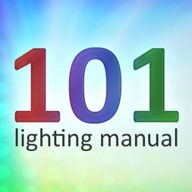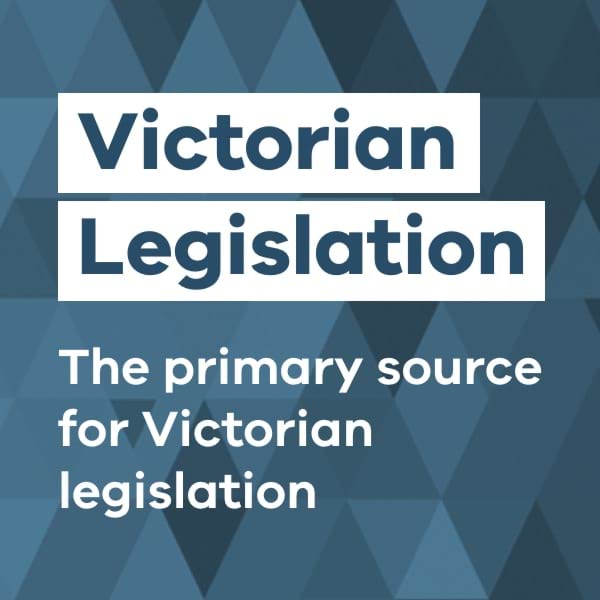Note as what Skymaster has said further up, this is all relevant to the state you live in and everyone should be looking up their states regs.
For QLD, the Electrical Saftey Act 2002 states that only elec qualified persons will carry out electrical work.
https://www.electricalsafety.qld.gov.au/electrical-safety-home/dont-do-your-own-electrical-work
For QLD, the Electrical Saftey Act 2002 states that only elec qualified persons will carry out electrical work.
https://www.electricalsafety.qld.gov.au/electrical-safety-home/dont-do-your-own-electrical-work
What is electrical work?
Under section 18 of the Electrical Safety Act 2002 (the Act), electrical work includes "the manufacturing, constructing, installing, testing, maintaining, repairing, altering, removing, or replacing of electrical equipment".
This covers tasks like:
It’s not illegal to purchase electrical accessories or appliances that need to be hard-wired, but they must be connected by a licensed electrician.
- installing a new power point
- replacing a light switch
- replacing a batten holder with a new light fitting
- repairing an electrical appliance like a heater
- altering the location of an existing power point
- replacing a light fitting with a ceiling fan
- constructing an extension lead
- replacing a plug on the end of an extension lead.
Other work such as replacing a drive belt in a washing machine, cutting openings for air-conditioning units or fitting, but not connecting, an electric wall oven in a kitchen cabinet are not regarded as electrical work. However, electrical risks such as damage to, or contact with, wiring contained within wall cavities need to be considered and controlled, particularly when cutting holes or driving screws or nails into walls.


